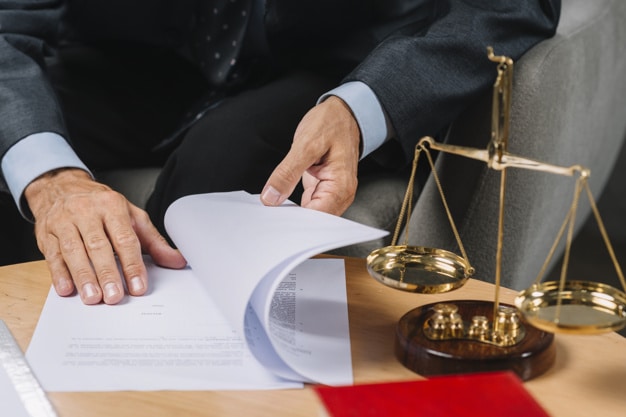If you do business globally, you know that every country has a list of laws you need to comply with. That’s when legal translation comes into the picture.
Legal translation is a complex process that requires a great language knowledge of both the source and target language, as well as a thorough understanding of the laws of countries involved.
As you can tell, legal translation is not an easy job.
Here is a list of six practical tips for successful legal translations:
1. Open Communication with the Client
Discuss all aspects of your work with your client – it will save you a lot of time and effort!
Legal documents can include cover pages, address information, signature pages, footnotes, and handwritten notes in the margins.
To be on the safe side, discuss with your client what does and doesn’t require translation.
What’s more, make sure to talk with your client about other details such as graphs, tables, images, and especially the format, which could be either bilingual with the original and the translated text side by side or monolingual, following the format of the original.
You can ask in advance for reference materials, style guides, and key terms glossaries which will ensure consistency of the terminology across all documents.
Moreover, you can send a sample translation for feedback on terminology and style.
Also read: Professional document translation service
2. Know the Laws
Simply knowing the language is not enough!
When working from one jurisdiction to another it is a must to know the target language as well as the legal codes of both of the countries involved.
Moreover, one should be well acquainted with the culture in order to adapt a suitable tone of voice.
Legal documents in English, for example, are characterised by a highly formal style and an abundance of passive constructions while in Italian the active voice is predominantly used.
A good legal translator adapts accordingly.
3. Use Reference Material
Legal translators use all kinds of reference materials such as legal codes and regulations, bills of laws, legal consult documents, amendments, etc. to aid their translation work.
These materials provide the key legal concepts, essential for the translation in a particular language. It is important to note that these primary reference resources should be translated and ready to use directly.
Other secondary reference materials such as court cases, legal consult, or opinion documents testimonies could be also helpful in the translation.
A good legal translator would never deliver a translation work with doubts in her mind. Reference materials ensure that the correct term for the particular legal context is used.
4. Be Accurate
Legal translation requires 100% accuracy.
Besides the complex and specific terminology of the legalese, a good legal translator should be well familiar with the cultural, regional, and legal characteristics of the target country.
Legal terminology needs to be exact in order to be legally binding.
Even the smallest degree of misinterpretation or ambiguity could cost millions. This is why accuracy is of great importance!
5. Ask a Lawyer to Review the Work
Clearly, accuracy is crucial to a successful legal translation. Thus, to ensure you have done your job properly, don’t hesitate to have your translation proofread by a lawyer or a second translator before delivery.
If you got the legal translation project through an LSP, they will usually add a subject matter expert to the work flow.
However, for best results, when planning out your work, always consider sufficient time for reviewing to check translation accuracy and quality.
6. Keep Quiet
Legal documents are usually highly confidential and therefore, it is best to discuss with the client beforehand if the documents contain any sensitive information.
In case they do, decide on how to be stored and transferred. If needed, sign NDA and provide secure portals for file transfer, protected with passwords.
To maintain confidentiality, it is essential that you don’t post the content in any machine translation tools. All the free tools save the content and this will lead to a breach in your agreement with the client.
Conclusion
Legal translation is complicated. For a good translation, you must use an experienced linguist and ask a SME to review the final work. You also need the right technology to ensure the project is executed smoothly and confidentiality is maintained.
For help with legal documents translation, Contact Us










